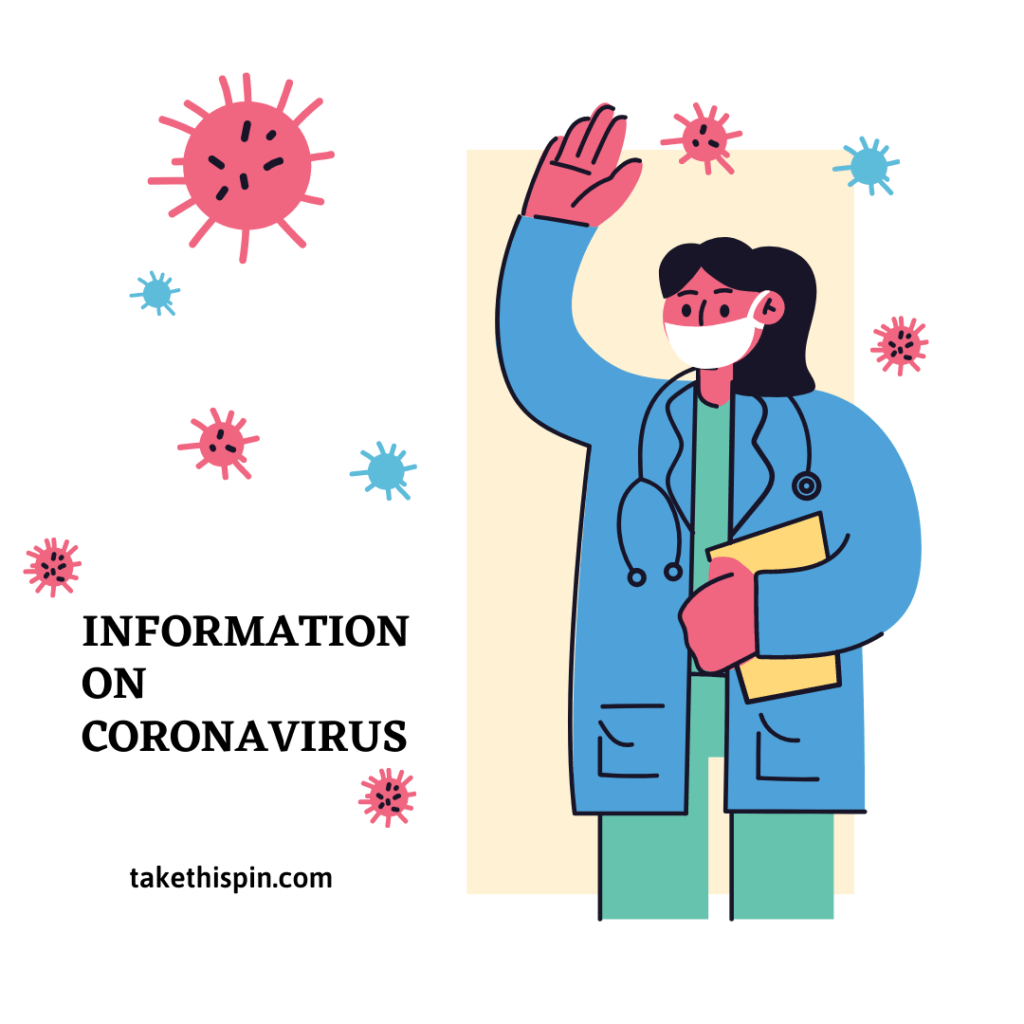Information on Coronavirus

Information on Coronavirus
Information on Coronavirus: What Is It? Coronaviruses are viruses that infect the cells of all types of living things. Some of the more common ones are Hepatitis A, Genital Herpes and Yeast infections. The name “Coronaviruses” came from a Greek word that means “of the horns of a goat”.
COVID-19 is caused by a strain of astrovirus which is known as SARS-CoV-2. The name “Coronaviruses” came from a Greek word that means “of the horns of a goat”. There are several strains or species of this disease. Most of them are of the geno type. The name “Coronaviruses” came from the first name of a bacteriologist, J. E. Coronavirus.
Symptoms of Coronaviruses vary. In general, the disease causes a wide variety of symptoms. Common symptoms of CoVid-19 include: Shortness of breath (usually prior to the occurrence of any chest pain), severe body ache or cough, loss of appetite, headache, nasal discharge, fever, and swollen lymph glands. Some of these symptoms may not occur in all patients with CoVid-19 or may take up to two weeks to show. However, some symptoms can show immediately.
Information on Coronaviruses on the World Wide Web: Information on Coronaviruses covers the gamut from basic description to advanced diagnosis. Information on Coronaviruses can be easily found on the internet. A number of medical websites and health information centers provide detailed information on CoVid-19. Many of the sites have medical professionals available who are more than willing to answer queries. For example, there is a link provided on one good site to send queries to medical specialists in the United Kingdom.
If you find that you have been infected with CoVid-19 and you think you may be suffering from other symptoms of CoVid-19, you should seek medical advice very fast. Only medical professionals can diagnose you properly and make appropriate treatments. Some of the symptoms of CoVid-19 may include: difficulty in breathing, severe body ache, loss of appetite, headache, respiratory infections, fever, swollen lymph nodes in the neck, chest, or groin area, nausea, vomiting, or diarrhea. You should see a doctor for a proper diagnosis of CoVid-19 as soon as possible. Remember, the sooner you seek medical attention, the better!
In addition to getting a proper diagnosis for CoVid-19, you can also get some ideas on how to protect yourself and your family against this type of illness. One good idea is to limit your children’s contact with each other if you suspect you might be infected with this virus. Children and contacts of sick people spread this disease very easily through direct contact. You can also take precautions such as washing hands frequently and carefully. It is also recommended that you avoid kissing someone who is infected with Coronaviruses as it can help protect yourself from infection too.
The treatment for CoVid-19 is fairly simple. Treatment of this infection includes long term (many months) usage of an anti-inflammatory drug (steroids), combination medicine (interferon beta, or Erythromycin) and antiviral medications (Aralen, or Megadrine). Although antiviral drugs are quite effective in treating outbreaks of this illness, they do have some serious side effects. For example, when taken at high doses, they can cause a gradual decrease in the body’s immune system which can cause the development of long-term kidney damage. If you suffer from a particularly severe case of CoVid-19, your doctor may recommend surgery to remove part of your lung tissue to improve your health.
If you think you might have contracted CoVid-19, it is wise to get tested so you can get the correct treatment. Early detection of this condition can help prevent complications and long term illness from developing. It’s also important to educate yourself about the ways to prevent passing this virus to others. The key is to practice good hand washing, physical distancing between friends and family, and educating yourself about illnesses such as CoVid-19.
Information on Coronavirus powered by Take This Pin.




